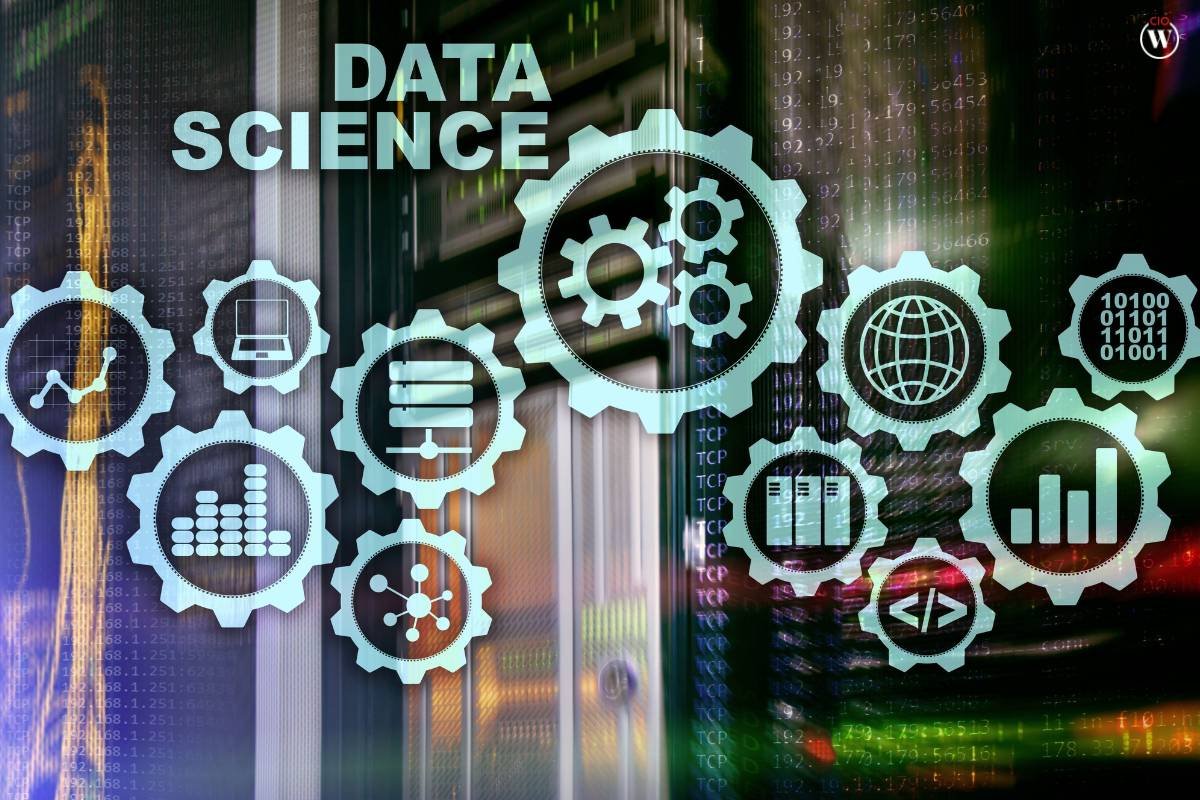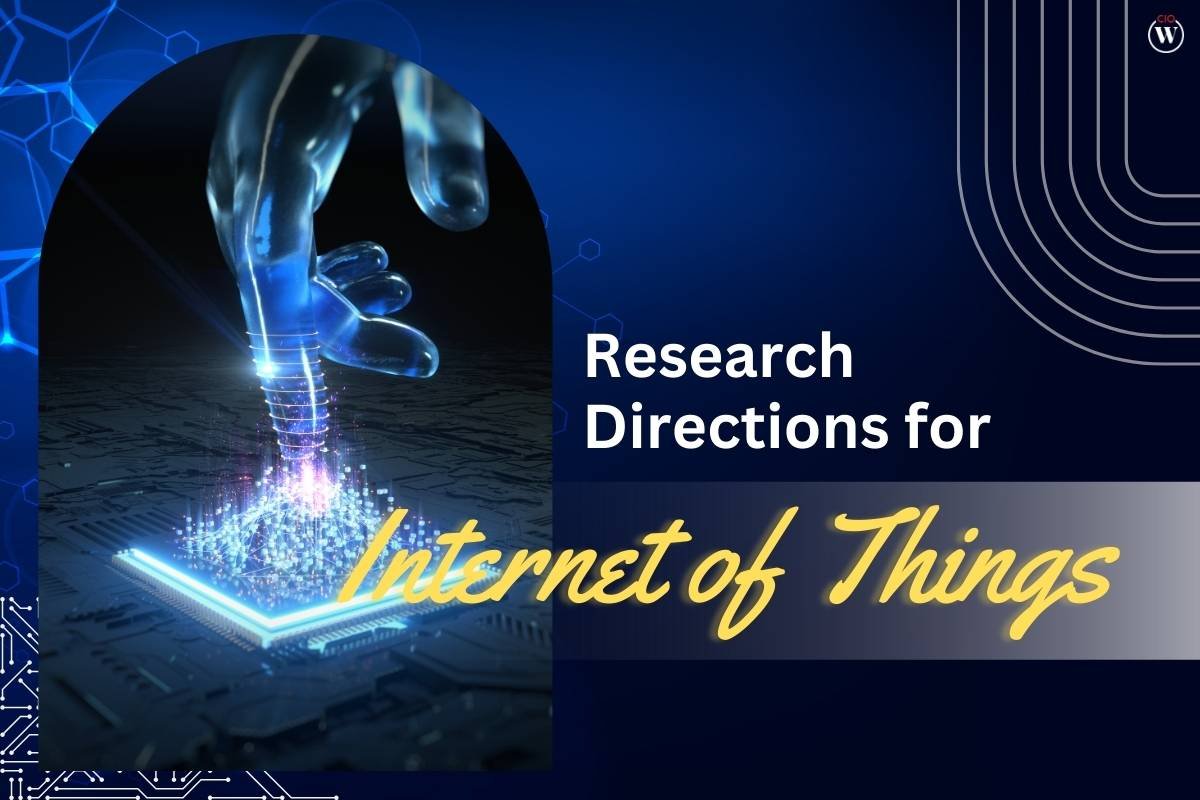Data is the bedrock of a business that wants to reach new highs. Data science is a multi-disciplinary area of work, backed by deep research, factual analysis, and a statistical approach to concepts. Data and data science both focus on understanding the specific requirements of the business to function. Fields like manufacturing, finance, marketing, operations, and medical research, are on a roll since the invasion of data and data science. Data acts as a starter pack for the research work to be initiated on a topic. Data science acts as a fuel to the research work that helps you to reach your destination i.e. a conclusion on a particular decision. The available data and data tools are changing the way we look at businesses and brands altogether.
Brands too know the importance of customer acquisition and customer retention, as the market is over-crowded with many brands in the line. If one brand fails to deliver, a substitute is always there to replace immediately. The competition is fierce out there, hence data and data science are needed in order to attract more consumers. Being in the limelight is the need of the hour, at all times.
Let’s find out how Data and Data Science Have Shaped the Modern World?
1. Understanding Data and Data Science
Data is the lifeblood of the modern world—a wealth of information that represents patterns, behaviors, and trends. It encompasses everything from customer preferences and purchase history to social media interactions and sensor data from IoT devices. Data science, on the other hand, is the art and science of extracting meaningful insights from this raw data. It involves various processes such as data collection, cleaning, analysis, and interpretation to uncover valuable patterns and relationships.
2. Leveraging Data for Business Advantage

In the realm of business, the availability of data has transformed decision-making processes from instinctual to analytical. Organizations are tapping into the vast amounts of data at their disposal to gain a deeper understanding of their customers, competitors, and market trends. By analyzing customer preferences, purchase behavior, and feedback, businesses can tailor their products and services to meet specific needs, enhancing customer satisfaction and loyalty.
3. The Role of Data Science in the Business World
Data science acts as a bridge between raw data and actionable insights. It empowers businesses to predict future trends, optimize operations, and make informed strategic decisions. With techniques such as machine learning and predictive analytics, data scientists can create models that forecast customer behavior, market demands, and potential risks. This proactive approach enables businesses to stay ahead of the curve and respond swiftly to changing dynamics.
4. Data-Driven Decision-Making
One of the most significant contributions of data science to the business world is its ability to facilitate data-driven decision-making. In the past, decisions were often made based on intuition or experience. However, with the advent of data science, businesses now have access to vast amounts of structured and unstructured data that can be analyzed to inform critical choices. Whether it’s identifying market trends, optimizing supply chains, or predicting consumer behavior, data-driven decision-making empowers businesses
5. Acquiring Customers through Data Science

One of the most compelling aspects of data science is its ability to aid in customer acquisition. By analyzing historical data, businesses can identify patterns that indicate potential customers’ interests, preferences, and needs. This enables targeted marketing campaigns that resonate with the intended audience, leading to higher conversion rates. Data-driven customer segmentation allows businesses to create personalized experiences that leave a lasting impression.
6. Customer Insights and Personalization
In a highly competitive market, understanding customer behavior is paramount to success. Data science enables businesses to glean deep insights into customer preferences, purchasing patterns, and engagement levels. By analyzing customer data, businesses can segment their audience and create personalized experiences tailored to individual needs. This personalization not only enhances customer satisfaction but also increases customer loyalty and drives revenue growth. From recommending products to predicting future needs, data science empowers businesses to build lasting relationships with their customers.
7. Operational Efficiency and Optimization
Efficiency is a cornerstone of business success, and data science plays a pivotal role in optimizing operations. Through advanced analytics and machine learning, businesses can identify inefficiencies, bottlenecks, and areas for improvement within their processes. This can lead to streamlined operations, reduced costs, and improved productivity. Data science also enables predictive maintenance, allowing businesses to identify potential equipment failures before they occur, minimizing downtime and enhancing operational efficiency.
Benefits of Data Science for Startups and Established Brands;
For startups, data science can be a game-changer, providing insights that guide their growth strategy. By understanding market trends and customer preferences, startups can refine their offerings and allocate resources more effectively. Established brands, on the other hand, can use data science to optimize their supply chain, improve customer service, and adapt to changing consumer behavior. Data science levels the playing field, allowing startups to compete with industry giants on a data-driven basis.
1. Sustainability Through Data-Driven Insights
Sustainability has become a critical concern for businesses of all sizes. By harnessing the power of data science, companies can achieve sustainability through data-driven strategies. For instance, data analysis can uncover inefficiencies in resource utilization, enabling businesses to reduce waste and carbon footprint. Furthermore, data-driven insights can guide the development of eco-friendly products and services that align with consumer demands.
2. Unlocking New Opportunities and Innovation

Data science not only uncovers hidden insights but also fosters innovation. By identifying emerging trends and gaps in the market, businesses can develop new products and services that address evolving consumer needs. Data and data science help us unlock new opportunities which leads to innovation. Moreover, data-driven innovation encourages a culture of continuous improvement, as companies use real-time data to refine their offerings and provide exceptional customer experiences. As it is said, necessity is the mother of innovation.
3. Ensuring Competitive Edge and Future Growth
In a competitive landscape, staying relevant and ahead of the curve is imperative. Data science equips businesses with the tools to maintain a competitive edge. By analyzing market trends, customer feedback, and competitor strategies, businesses can adapt their offerings to remain attractive and innovative. Data-driven decision-making ensures that growth strategies are not just based on gut feelings but are rooted in accurate insights. Data and data science helps us to dive deep into facts and come up with analogies for future growth.
Conclusion
As we navigate the complexities of the modern world, data, and data science stand as beacons of insight and opportunity. From shaping business strategies to guiding sustainable practices, data has become an indispensable asset. Data science, with its analytical prowess, transforms this data into actionable insights, driving innovation and growth. For startup owners and established brands, adopting data science isn’t just a choice—it’s a strategic imperative. The fusion of data and data science propels businesses toward success, sustainability, and relevance in an ever-evolving landscape. Embrace the power of data science, and embark on a journey where insights pave the way to a prosperous future.









